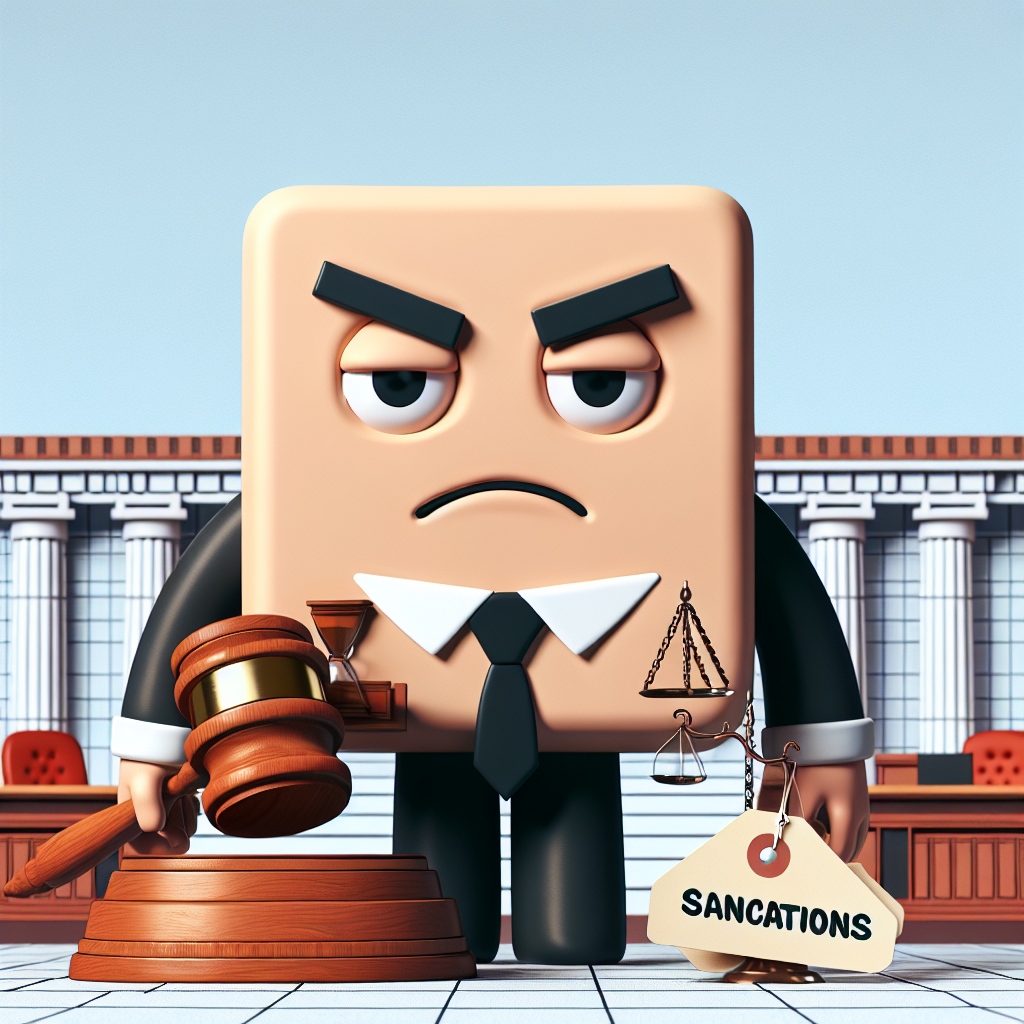U.S. Sanctions: A Blow to Chinese Transnational Repression in Hong Kong
The U.S. government sanctioned six senior Chinese and Hong Kong officials for actions undermining Hong Kong's autonomy and engaging in transnational repression. The move addresses China's national security law, which the U.S. contends is used to silence pro-democracy activists and stifle freedom of speech.

In a decisive blow against China's influence in Hong Kong, the U.S. on Monday sanctioned six senior officials from China and Hong Kong. This marks the first significant action by the Trump administration in response to Beijing's national security law, which it argues has stifled freedom and autonomy in the region.
Following Western criticism, the sanctions target individuals involved in activities that erode Hong Kong's autonomy and suppress pro-democracy movements. They include Dong Jingwei, a veteran in China's intelligence community, and Hong Kong's Secretary for Justice, Paul Lam, for their roles in executing China's controversial laws.
The action blocks all U.S.-related financial activities of the sanctioned individuals, signaling a broader push to support democracy activists. Republican and Democratic legislators in the U.S. have welcomed this move, demanding accountability for those restricting rights and freedoms in Hong Kong.
(With inputs from agencies.)










